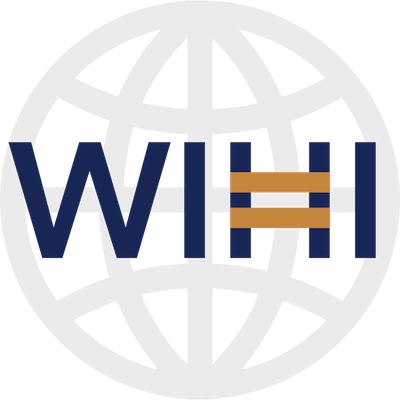Introduction
Taiwan ranks 15th in the World Index of Healthcare Innovation with an overall score of 47.69, dropping two spots from 2022. The nation performs exceptionally well in the Choice dimension, ranking 4th, due to the island nation’s affordable healthcare system and wide array of provider choices. Additionally, Taiwan stands out in Fiscal Sustainability (12th), thanks to its modest debt-to-GDP ratio of 27.5 percent.
However, Taiwan faces challenges in the Science & Technology sector, where it ranks 30th due to limited scientific and medical breakthroughs. Despite this, Taiwan’s strong capabilities in pandemic preparedness and its effectiveness in controlling healthcare expenses contribute positively to its overall performance in the Index.
Background
Taiwan has undergone significant transformations in healthcare since 1949, when Kuomintang forces established the island as their stronghold after their defeat in the Chinese Civil War. By 1987, following decades of remarkable economic growth and the lifting of martial law, approximately 55 percent of Taiwan’s population had health insurance, covering groups such as civil servants, large company employees, farmers, and military personnel.
In the late 1980s, under President Lee Teng-hui’s administration, Taiwan embarked on a mission to achieve universal healthcare coverage. The government consulted leading health economists— including William Hsiao from Harvard and Princeton’s Uwe Reinhardt and Tsung-Mei Cheng— who advised adopting a single-payer system modeled after Canada’s, where healthcare providers remain private but the government serves as the sole insurance provider. The financing structure was inspired by Germany, which relies on payroll tax-based premiums.
Notably, Taiwan’s health benefits are comprehensive, particularly when compared to typical Western single-payer systems, encompassing dental care, mental health services, home nursing, and traditional Chinese medicine. Enrollees enjoy the liberty to choose their healthcare providers freely. However, the system maintains stringent control over prescription drugs, with new medications typically taking two to five years to be added to the Taiwanese government formulary after their release in the United States.
A landmark development in 2009 was the introduction of a universal electronic health card system. These chip-based cards, akin to credit cards, store 22 kilobytes of critical information including patient demographics, medical history, claims data, and drug allergies. Healthcare services require simultaneous card use by both provider and patient to authenticate transactions. As of 2024, over 23 million Taiwanese citizens use these cards, facilitating not only streamlined healthcare delivery, but also improved management of healthcare data. The system’s effectiveness was particularly evident during the COVID-19 pandemic, when it enabled swift and efficient tracking and containment of the virus, demonstrating the potential of integrated digital health systems. Today, Taiwan continues to invest in healthcare technology, with over $200 million allocated in 2024 towards enhancing digital infrastructure and exploring the potential of artificial intelligence in predictive health analytics and emergency response systems.
Dimension Performance
Quality
Taiwan ranks 16th for Quality. Its ranking is bolstered by top-notch pandemic preparedness and response (2nd), including less than one person dying of COVID per million nation-wide. However, its ranking on infrastructure (22nd) is weighed down by very low doctor- and nurse-to-patient ratios—a direct result of over-reliance on hospital care. That said, Taiwan scores well on preventing hospital admissions as well as preventing deaths due to medical errors.
Choice
Taiwan’s system features a high degree of Choice, ranking 4th overall. Taiwan is a single-payer system that often delays the introduction of new therapies to market as a cost containment measure, but otherwise makes affordable generics widely available. Taiwan also excels in freedom to choose health care services (4th) with virtually no restriction. Taiwan has affordable co-pays for certain services and hospitals, giving patients more choices on where to receive care. The choices are generally affordable, too, ranking 6th in affordability of health coverage.

Science & Technology
Taiwan, a global frontrunner in technological innovation, holds the 30th position in Science and Technology. This poor ranking is attributed to its performance in medical advances and scientific discoveries, where it ranks 29th and 26th respectively. Taiwan excels in the integration of technology within its healthcare system, demonstrated by its advanced digital health network with each citizen possessing a medical ID card that stores their health history and insurance details. However, Taiwan lags other advanced nations in broadband internet use, hindering the ability of citizens to fully take advantage of electronic health technology.
Fiscal Sustainability
Taiwan ranks 12th in Fiscal Sustainability within the Index, greatly aided by its exceptionally low debt-to-GDP ratio of 27.5 percent. Its public health spending as a share of GDP stands at about 4.5 percent (11th). And while Taiwan ranks toward the bottom of the Index for growth in public health spending (24th), such spending as a share of GDP has remained relatively steady over the last 10 years.
